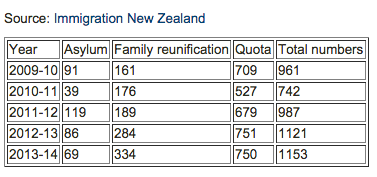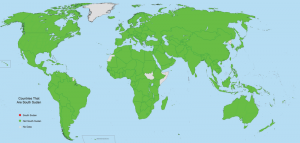The Herald (from the Daily Mail)
A sunshine break is the perfect way to unwind, catch up on your reading and top up that tan.
But it seems a week soaking up the rays could also offer a surprising benefit – helping a woman have a baby.
Increased exposure to sunshine could raise the odds of becoming a mother by more than a third, a study suggests.
If you read StatsChat regularly, you probably won’t be surprised to hear the study had nothing to do with either holidays or sunbathing, or fertility in the usual sense.
As the story goes on to say, it was about the weather and IVF success rates. The researchers looked for correlations between a variety of weather measurements and a variety of ways of measuring IVF success. They didn’t find evidence of correlations with the weather at the time of conception. As they said (conference abstract, since this isn’t published)
When looking for a linear correlation between IVF results and the mean monthly values for the weather, the results were inconsistent.
So, following the ‘try, try again’ strategy they looked at weather a month earlier
However, when the same analysis was repeated with the weather results of 1 month earlier, there was a clear trend towards better IVF outcome with higher temperature, less rain and more sunshine hours.
It helps, here, to know that “a clear trend” is jargon for “unimpresssive statistical evidence, but at least in the direction we wanted”. That’s not the only problem, though. Since these are honest researchers, you find the other big problem in the section of the abstract labelled “limitations”
Because of the retrospective design of the study, further adjusting for possible confounding factors such as age of the woman, type of infertility and indication for IVF is mandatory.
That is, their analysis lumped together women of different ages, types of infertility, and reasons for using IVF, even those these have a much bigger impact on success than is being claimed for the weather.
I don’t have any problem with these analyses being performed and presented to other consenting scientists who are trying to work out ways to improve IVF. On the other hand, I’m pretty sure the Daily Mail didn’t get these results by reading the abstract book or sitting through the conference. Someone made a deliberate decision to get publicity for this research, at this stage, in a form where all the cautionary notes would be lost.


